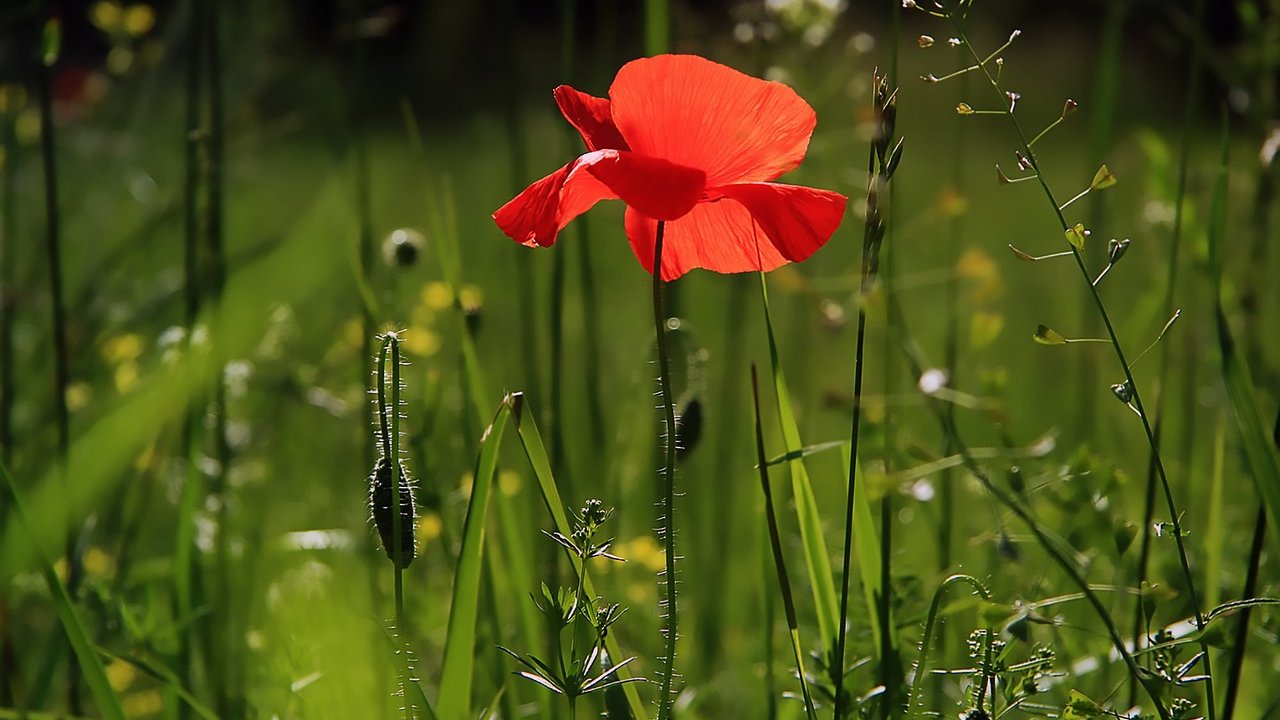
Gardens have always held a special place in human imagination. They have been the settings for epic tales and dramas, sources of inspiration, and symbols of paradise. In this article, we will explore the role of gardens in myths, legends, and folklore from different cultures around the world.
Gardens in Greek Mythology
The ancient Greeks crafted tales where gardens were places of pleasure, trial, or punishment. One of the most famous gardens in Greek mythology is the Garden of the Hesperides, a paradise where golden apples bestowing eternal youth grew. This garden was guarded by a hundred-headed dragon and the daughters of the evening, the Hesperides.
Gardens in Chinese Legend
In traditional Chinese legends, gardens often symbolize the harmony between humans and nature. The Peach Garden is a legendary place in Chinese folklore where people live in perfect harmony with nature, enjoying peace and longevity.
Gardens in Norse Mythology
The Norse goddess Freyja's garden, known as Fólkvangr, is a heavenly field where Freyja receives half of those who die in battle. The other half goes to Odin's hall, Valhalla. In Fólkvangr, the brave are allowed to rest and rejuvenate.
Gardens in Persian Legend
The Paradise Garden is a concept that originated from ancient Persia. It's a walled, quadrilateral garden with a water source at the center. It symbolizes the four Zoroastrian elements: sky, earth, water, and plants.
Gardens in Biblical and Islamic Traditions
In both Christian and Islamic traditions, The Garden of Eden or Paradise is depicted as the perfect garden where the first humans, Adam and Eve, lived in harmony with all creatures before their fall from grace. It's often described as a place of supreme beauty, bliss, and eternal life.
In conclusion, gardens in myths and legends reflect the human longing for an ideal, unspoiled world. They represent a sacred space where nature, humans, and divine beings coexist in harmony. As we continue to evolve and develop, these tales from the green world continue to inspire and guide us in our relationship with the natural world.











